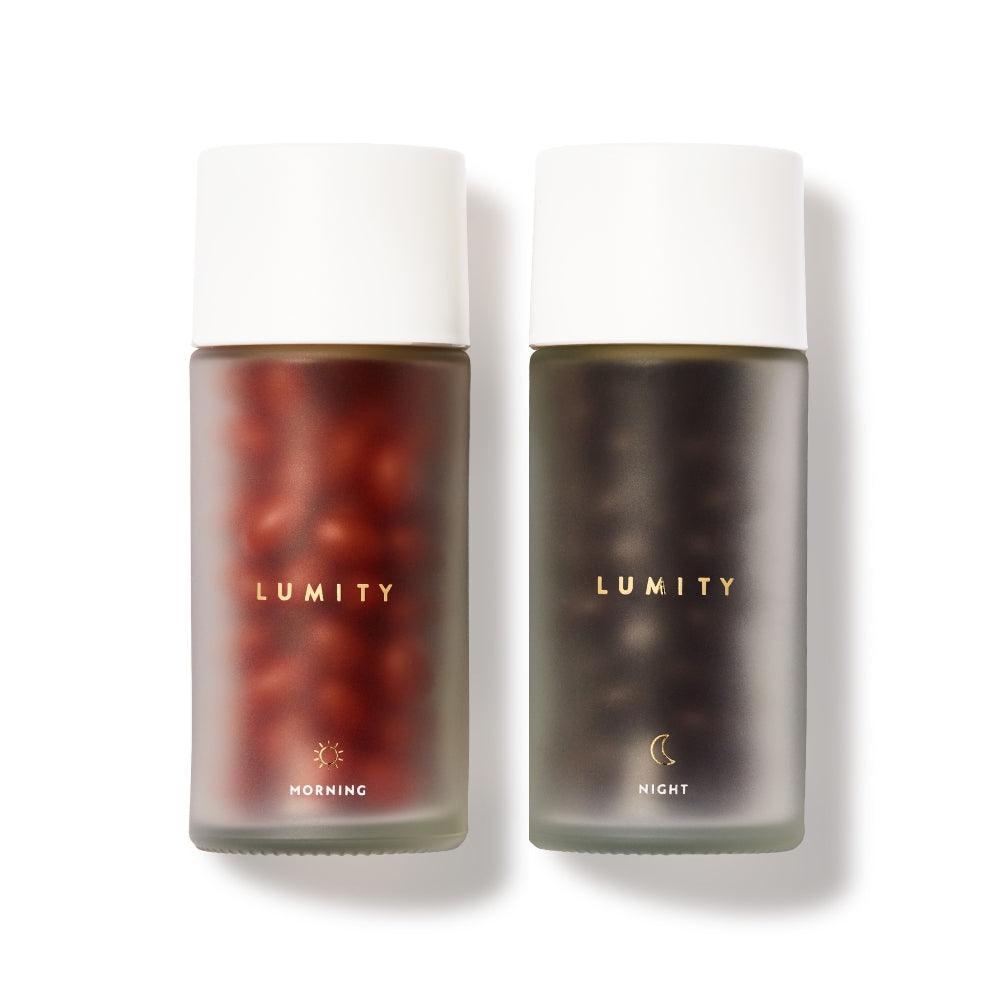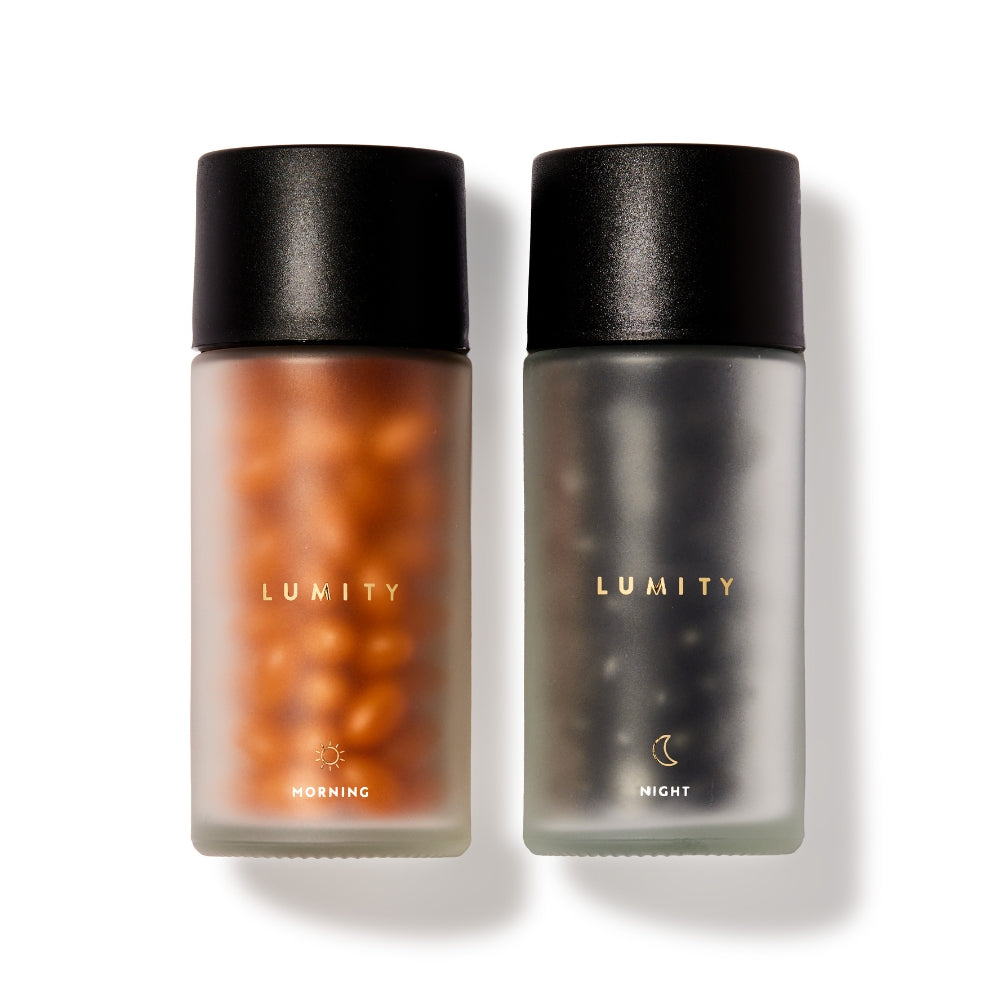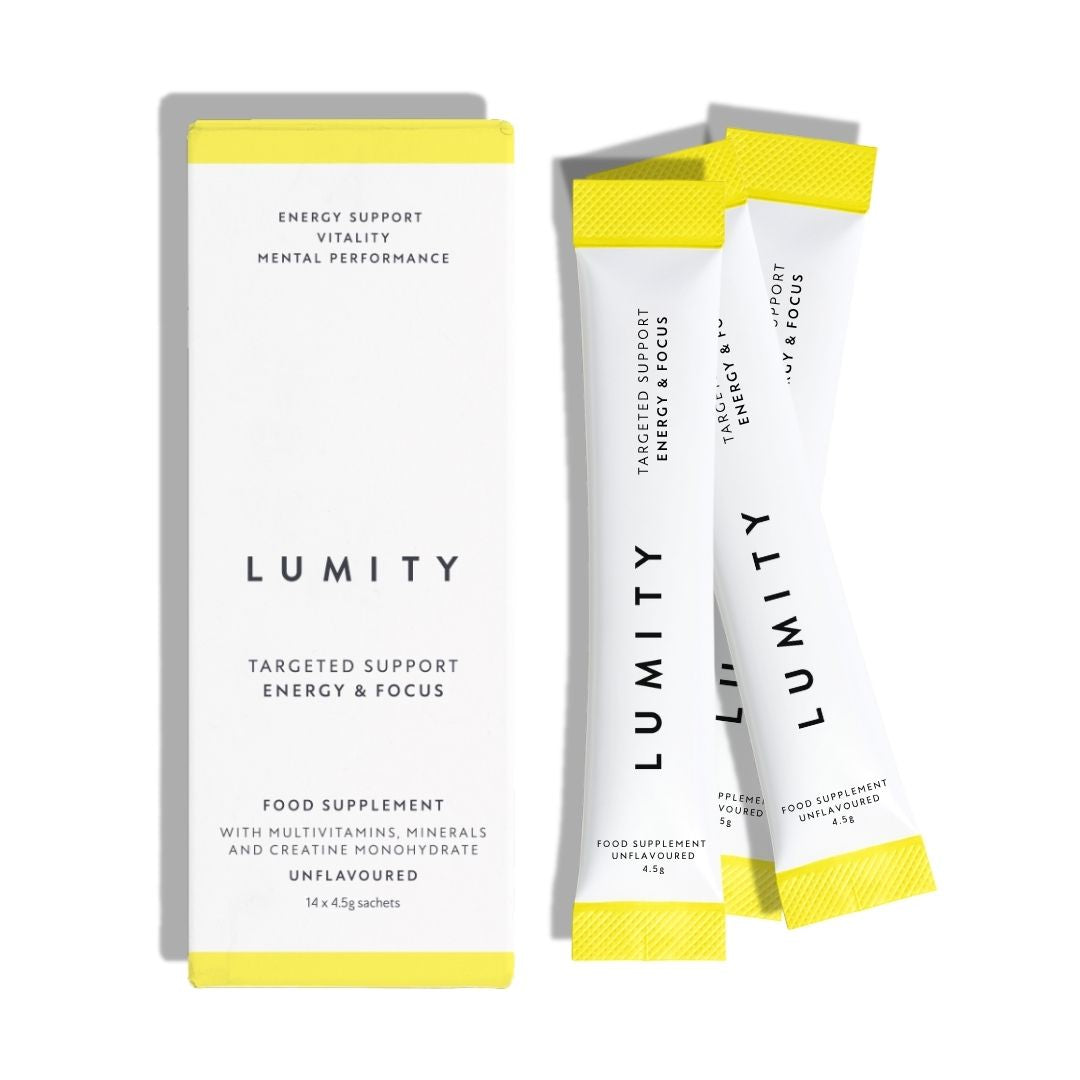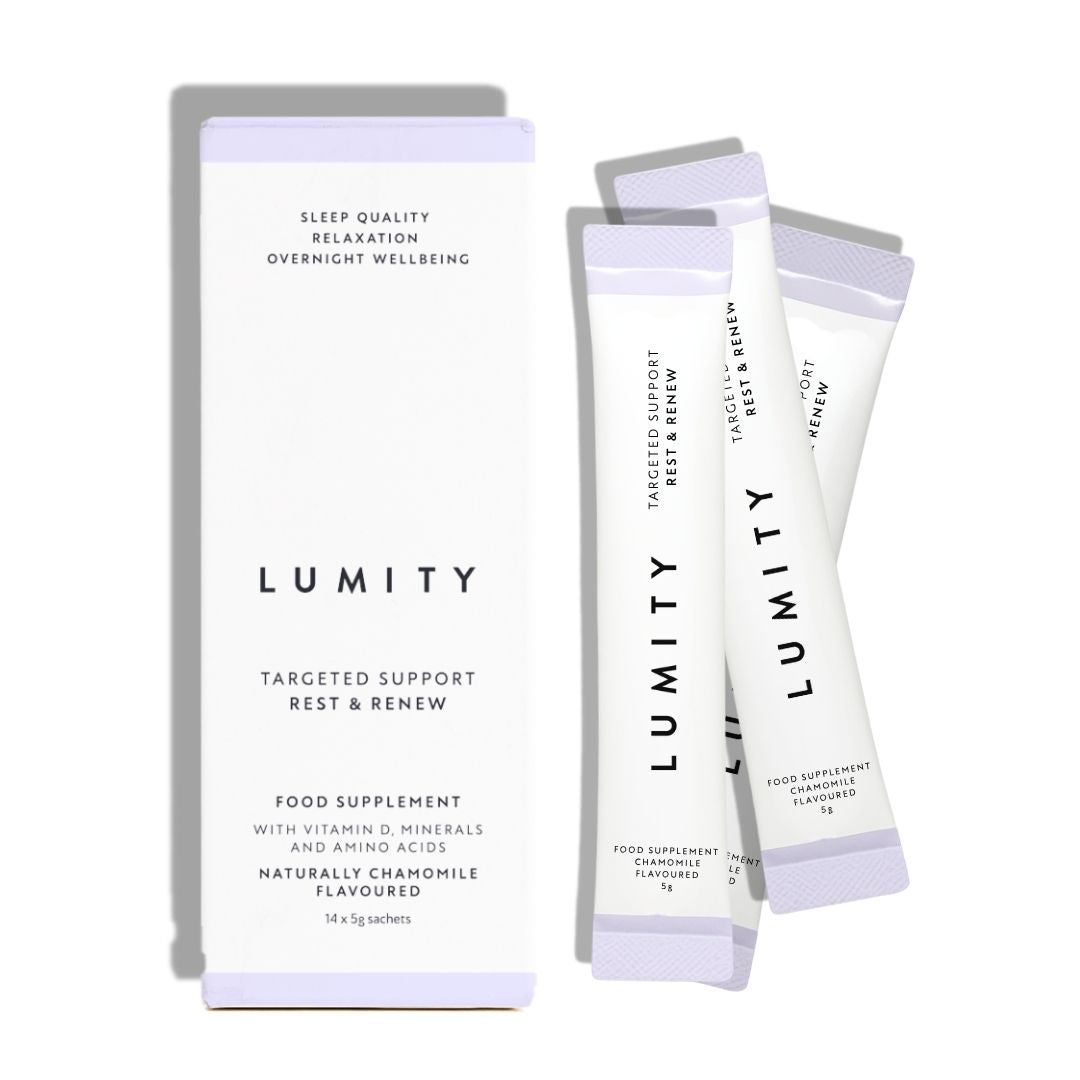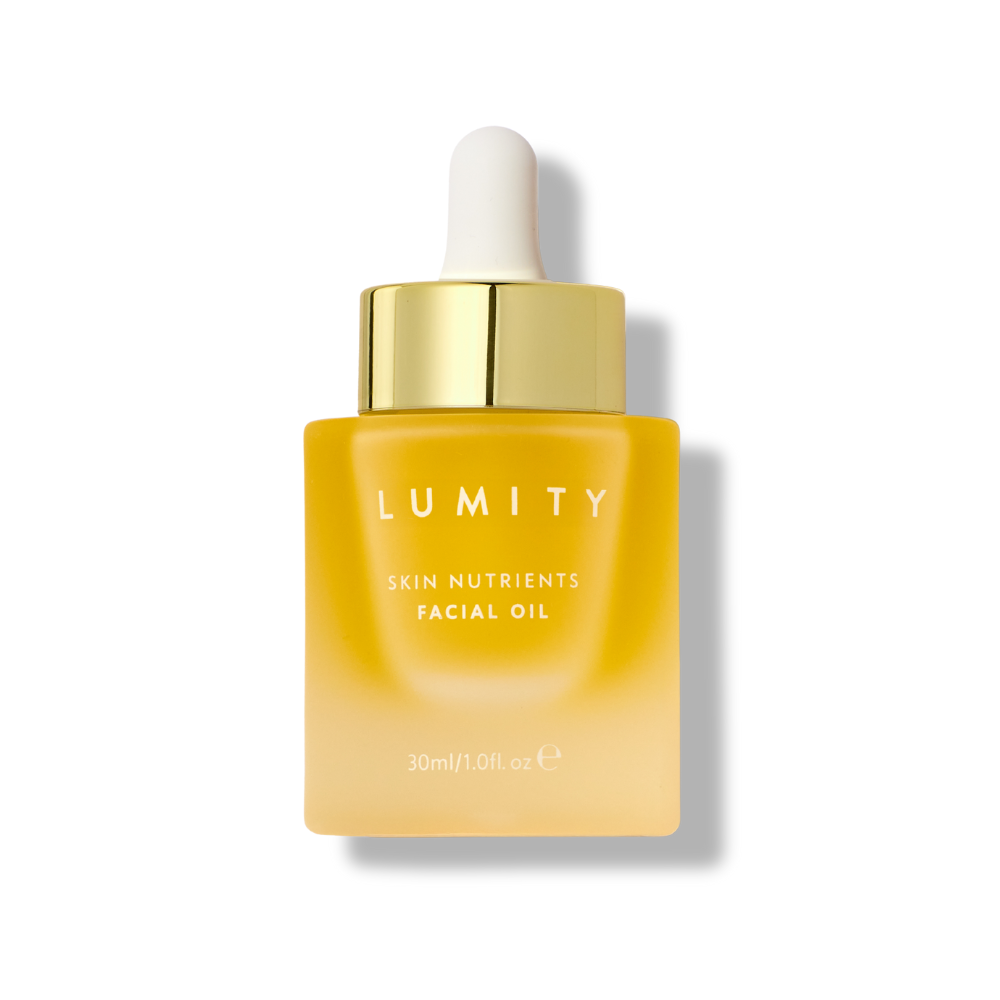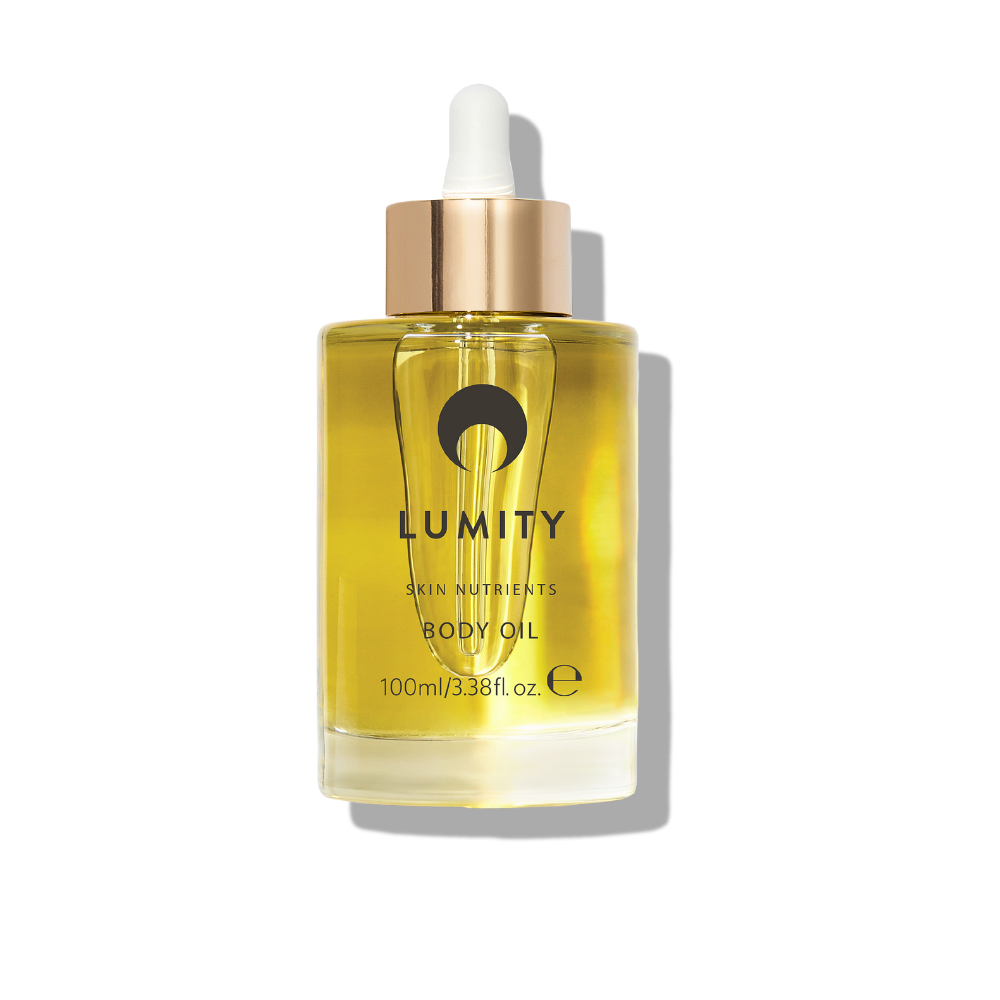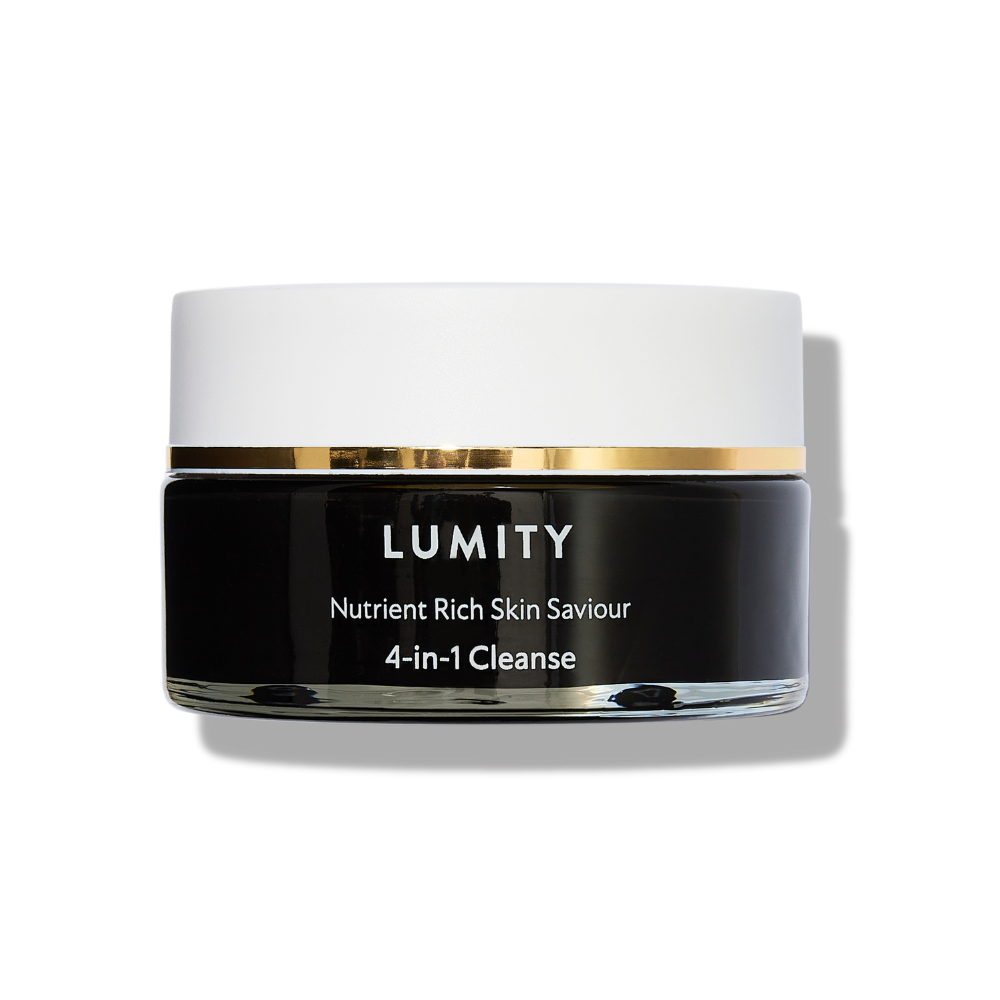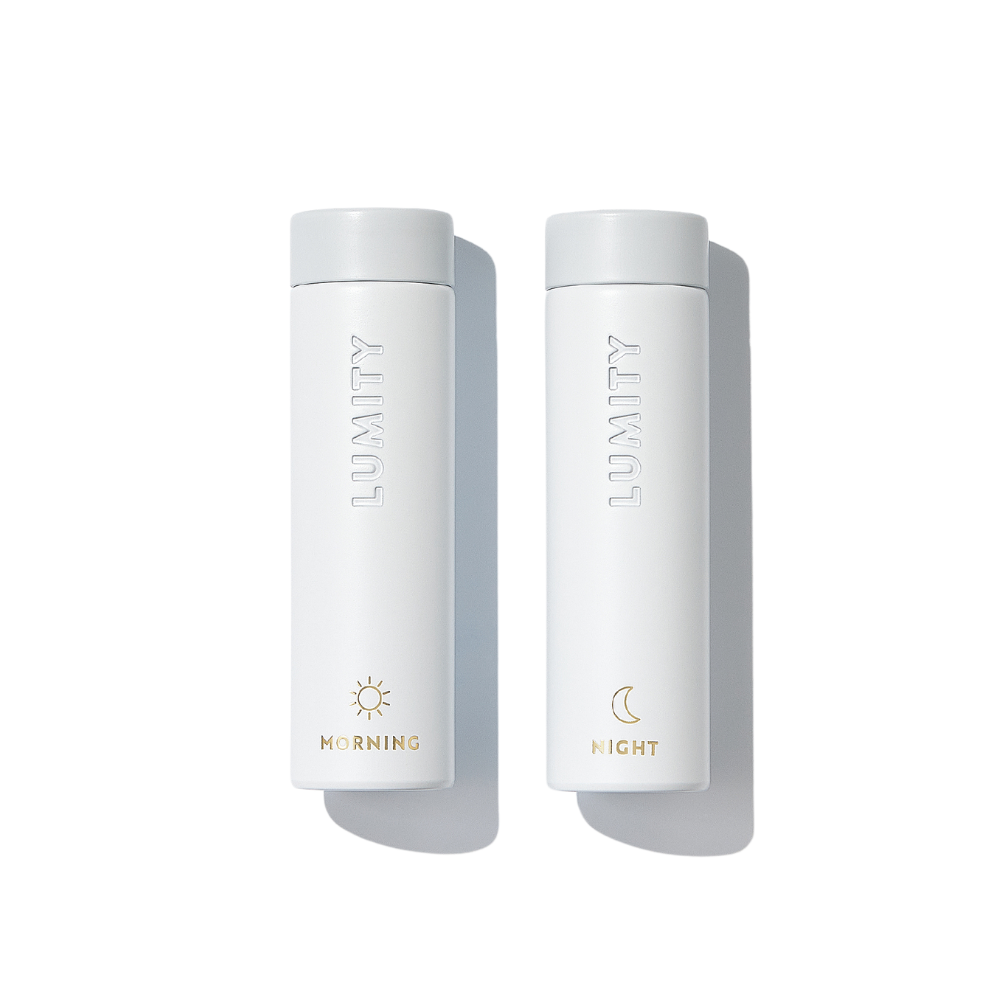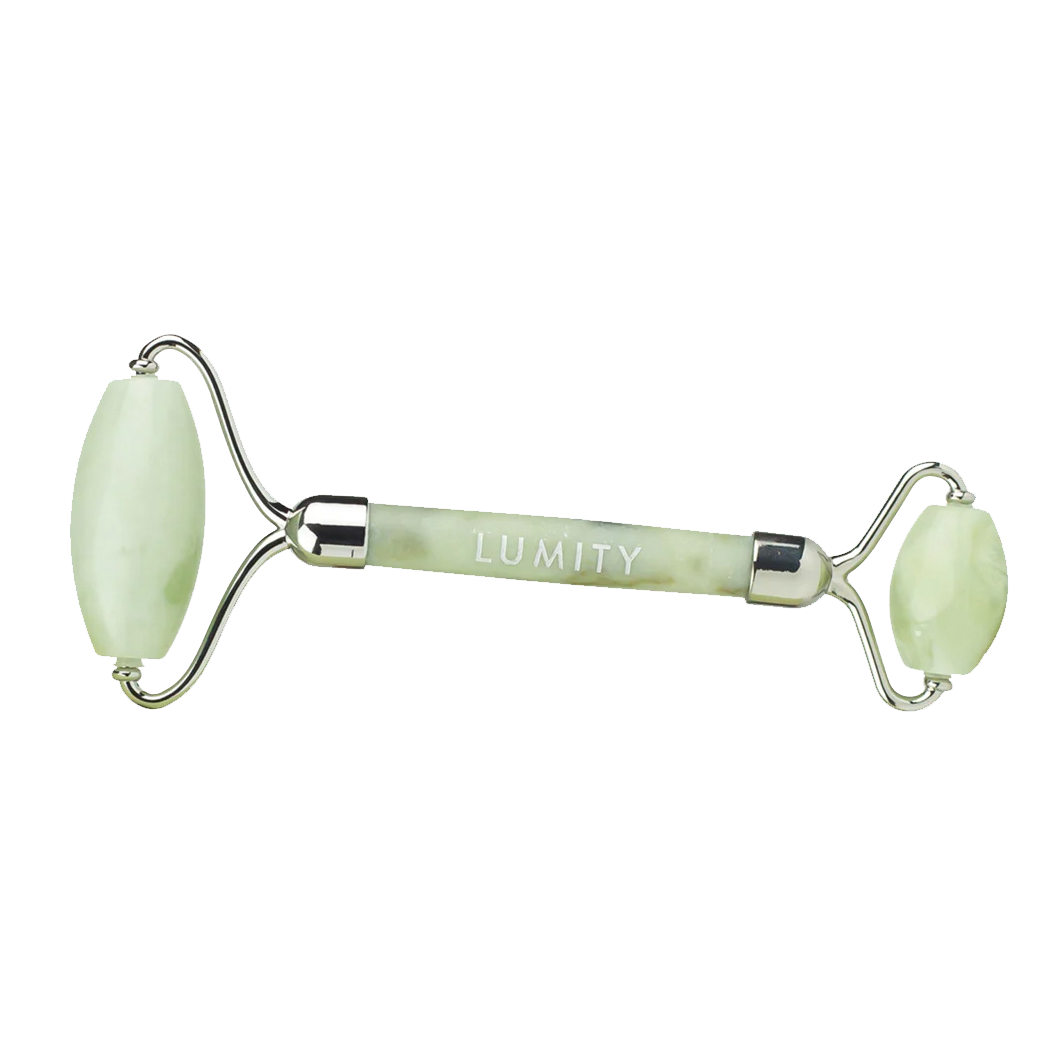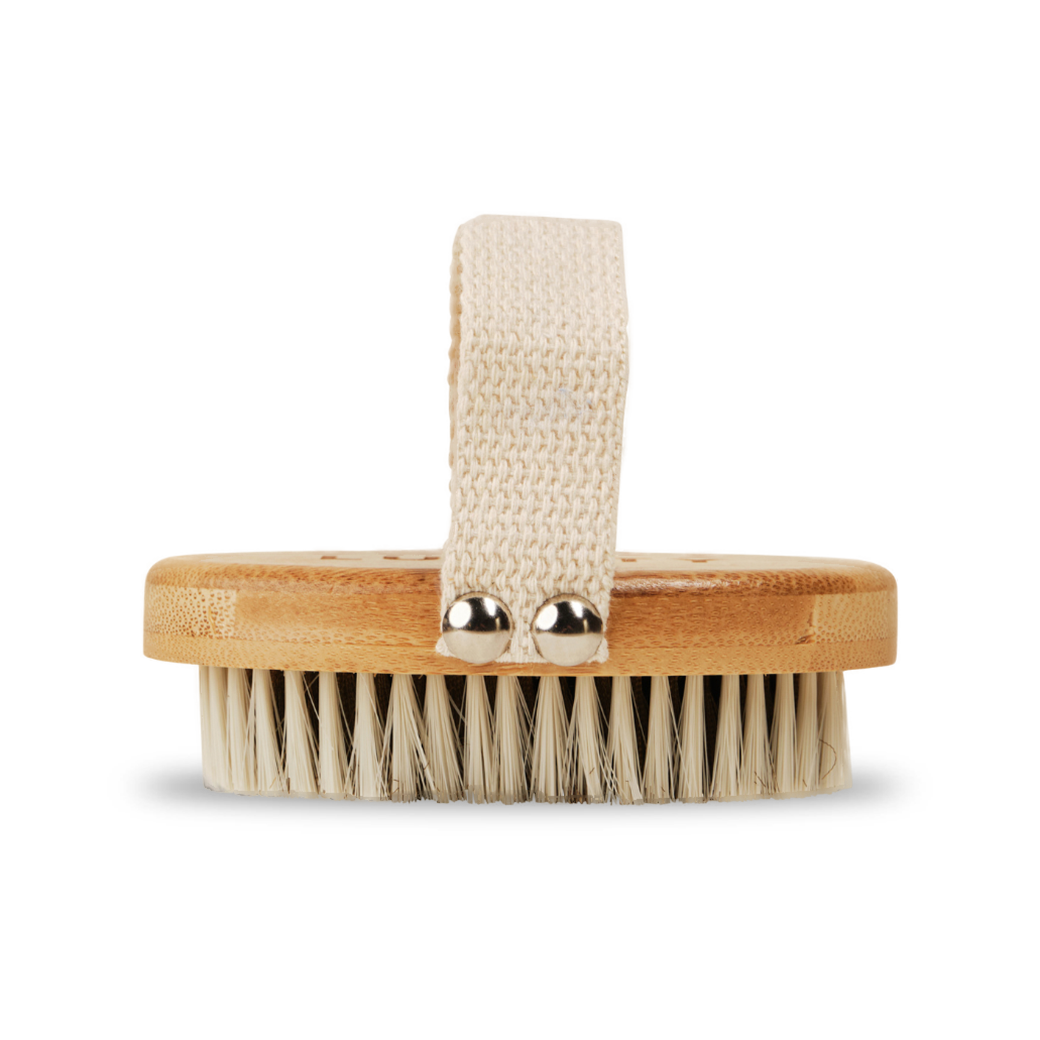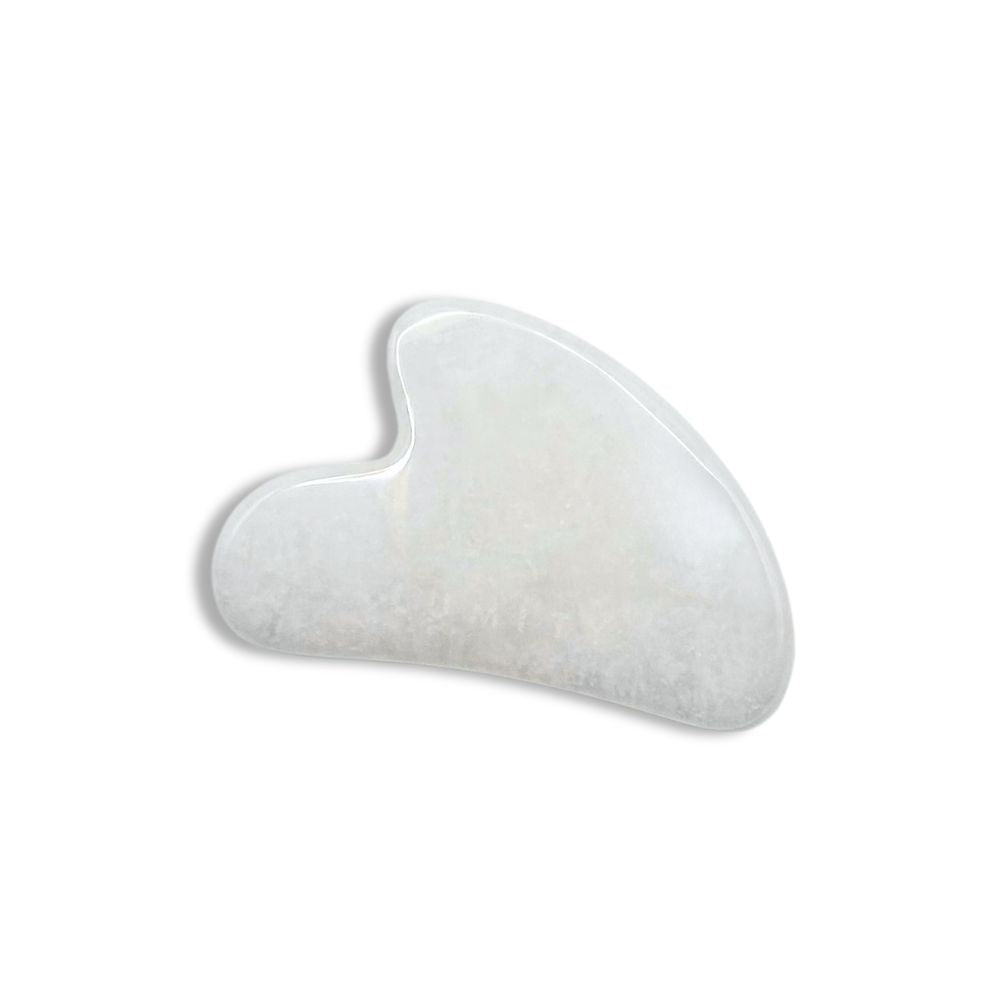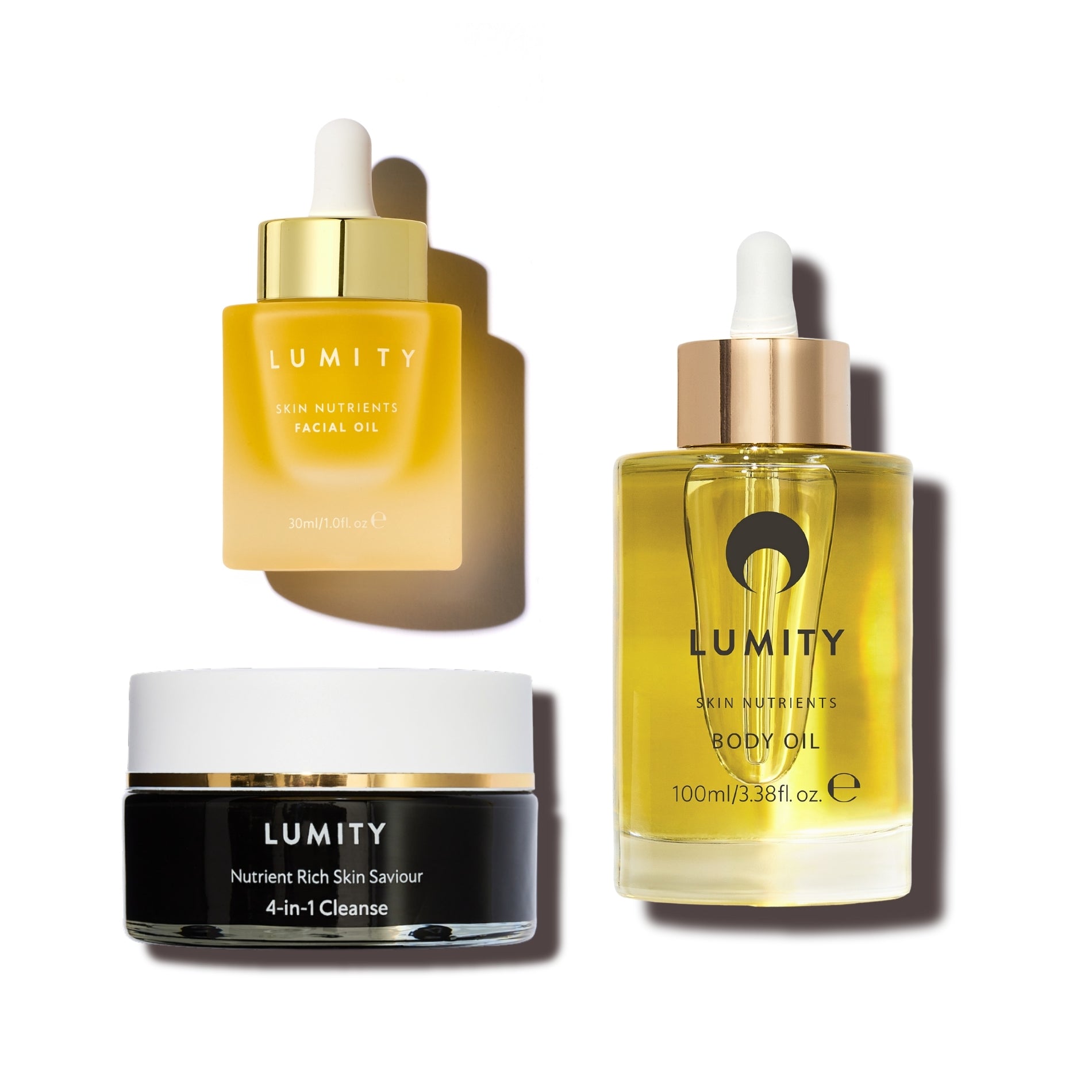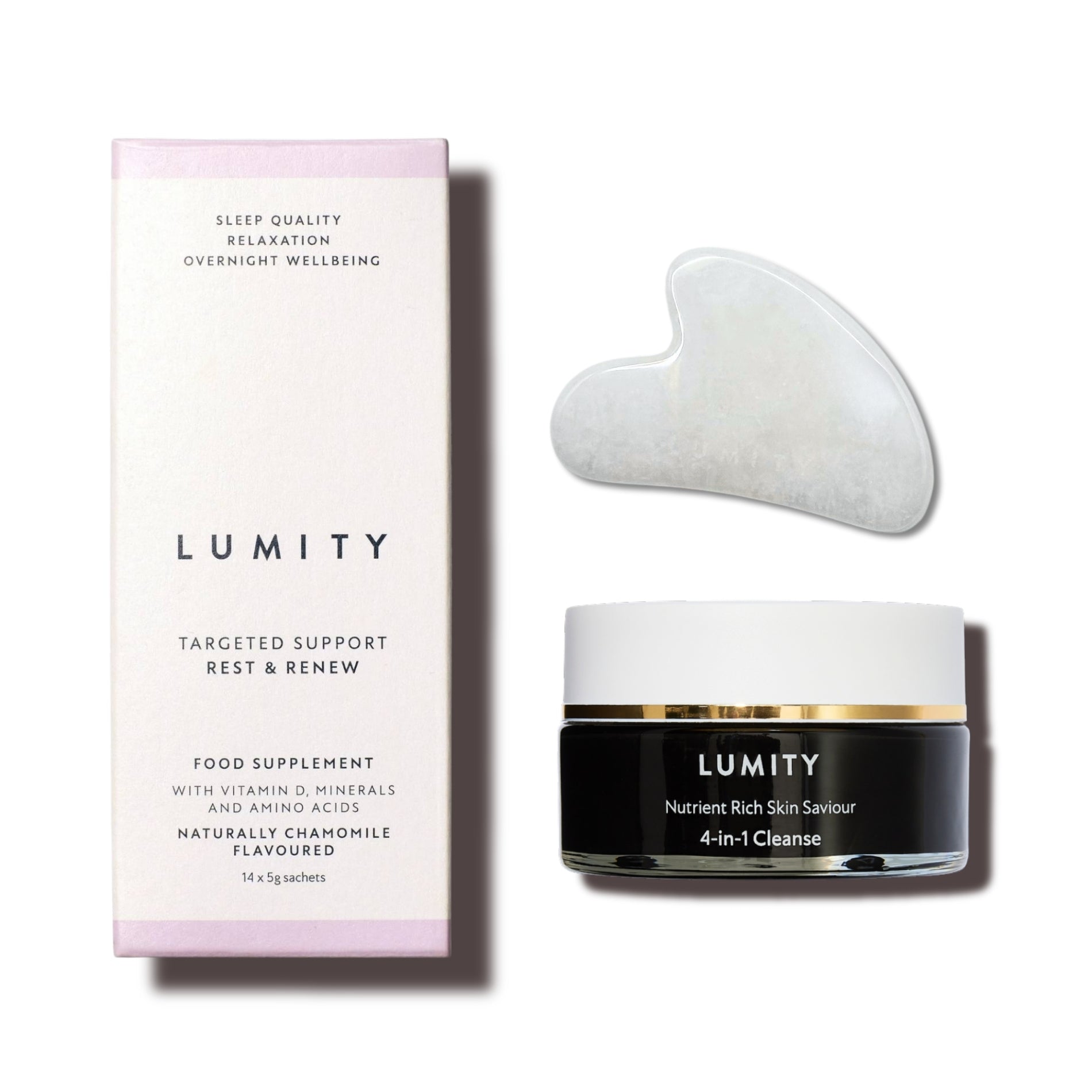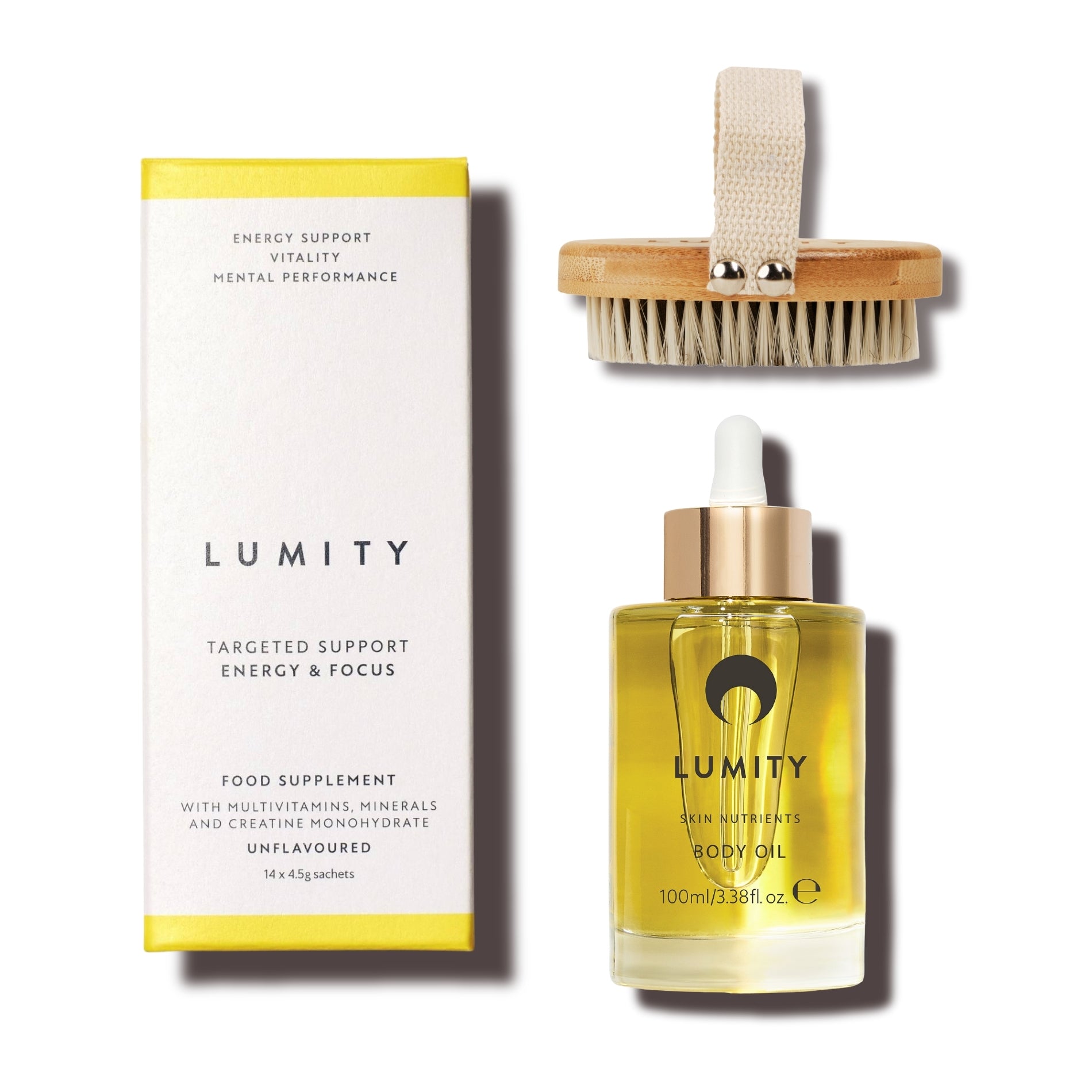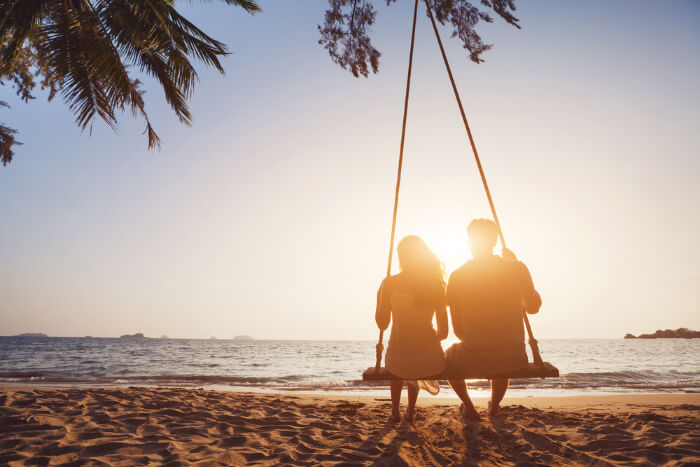What are the negative stereotypes of ageing and why are they wrong?

While pro-ageing is on the rise and anti-ageing is on the outs there are still a multitude of negative connotations attached to getting older and it’s time they were weeded out.
When people think about growing old all too often negative thoughts spring to mind. Visions of memory loss, wrinkles and inactivity eclipse all else leading people to believe that ageing is about nothing more than decline and deterioration.
But the way that we view the ageing process could directly affect how we age ourselves. So, we’re looking at a number of negative stereotypes and revealing why they’re actually misconceptions about getting older.
Stereotype: Creativity and learning declines as you age
Why it’s wrong: Keep your mind active is key to staying youthful, so the myth that you become less creative and lose the ability to learn as you age is actually dangerous. It’s when you decide you can no longer learn or create things that you become older. Not the other way around.
Take it from Beate Howitt who told Lumity how she got a degree at the age of 60, her MA in her 70s and then a modelling career at 80.
“We have one inning on this planet,” she says. “Life can be incredibly wonderful if you bother to be interested and curious about things and other people.”
Stereotype: Getting old is lonely
Why it’s wrong: There’s no doubt that loneliness can affect older people, especially those who have lost their partners, but as Dr. Rangan Chatterjee told Lumity, it’s actually young men between the age of 30 and 45 who are some of the loneliest. There are an array of services nowadays to ensure older people stay socially engaged so age no longer has to mean loneliness.
Stereotype: You get more forgetful as you age
Why it’s wrong: It’s easy to blame age on the fact you might walk into a room and forget what you went in there for, but while you have more concerns about your memory as you get older it’s really just minor forgetfulness. Most people over 85’s cognitive function is normal. It’s only a true concern if you’re sadly suffering from an illness such as Alzheimer’s or dementia.
Stereotype: Getting older leaves you weak
Why it’s wrong: Muscle mass decreases as you age but that doesn’t mean you have to be weak and give into that. Staying active and in shape is key to remaining strong and that includes adding strength training to your regime. This doesn’t have to be in the form of heavyweights at the gym either. Gentle and regular strength training will do the trick, according to Fit4mum Melissa Lorch who told Lumity: “Muscle wastage does happen with age and to prevent that you can do simple exercises at home. Press-ups against the wall, squats, lunges and moves like that all help to maintain muscle strength.”
Stereotype: Ageing makes you unable to adapt to new situations
Why it’s wrong: Older people often get a bad rap because they’re thought of as being stuck in their own ways. But while they may be a little slower to change their opinions on things they do retain the ability to adapt.
Stereotype: You lose your libido
Why it’s wrong: You don’t lose your sex life as you age you just become more interested in quality over quantity which isn’t a bad thing. If your sex life is dwindling and you don’t have a passion for your partner, it’s likely got a lot more to do with being with the wrong person than it has about your libido being dulled due to your age.
Stereotype: You get old and wrinkly
Why it’s wrong: Well, ok we admit you can’t stave off wrinkles entirely and they are a fact of life, but there’s no reason not to embrace them. Look at wrinkles like memories. All the smiles which have caused the laughter lines for instance. Ageing is actually a privilege when you think of the alternative and wrinkles are a natural part of that.

